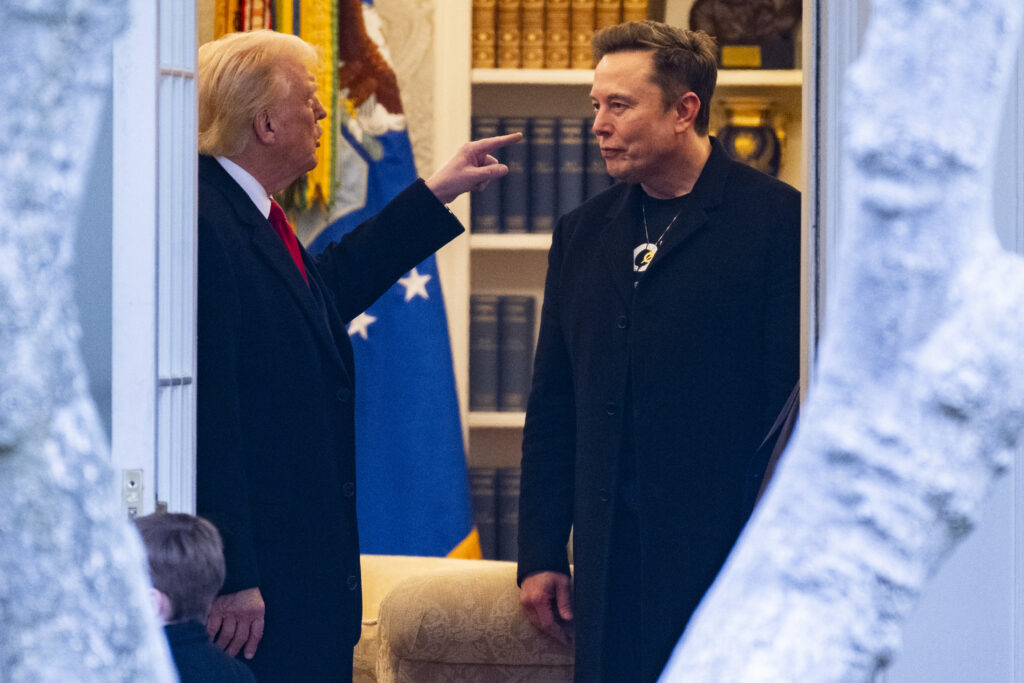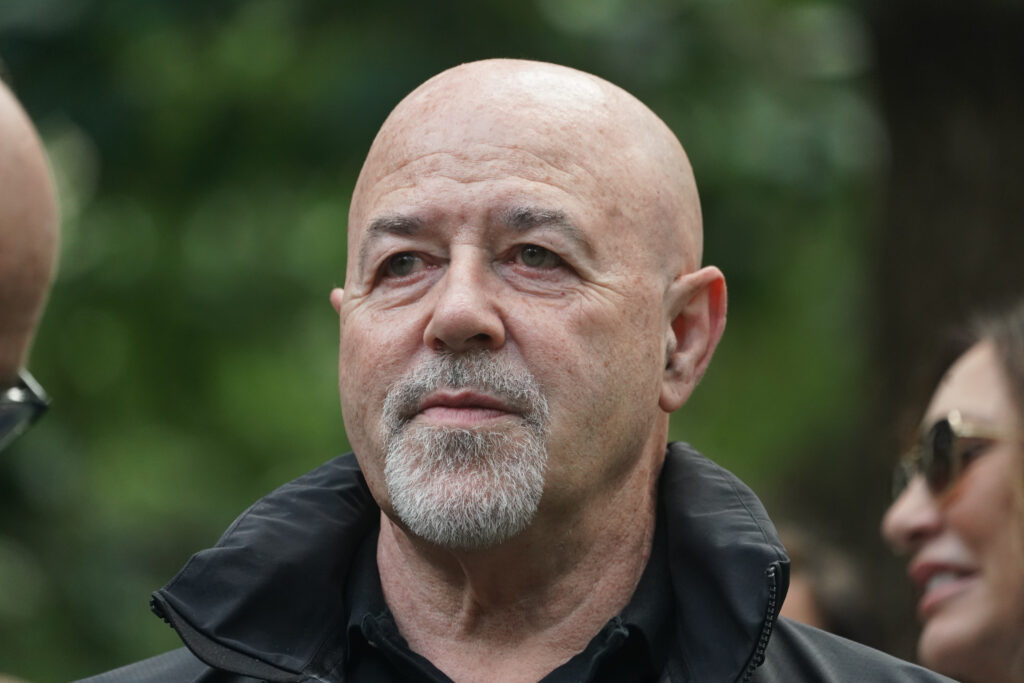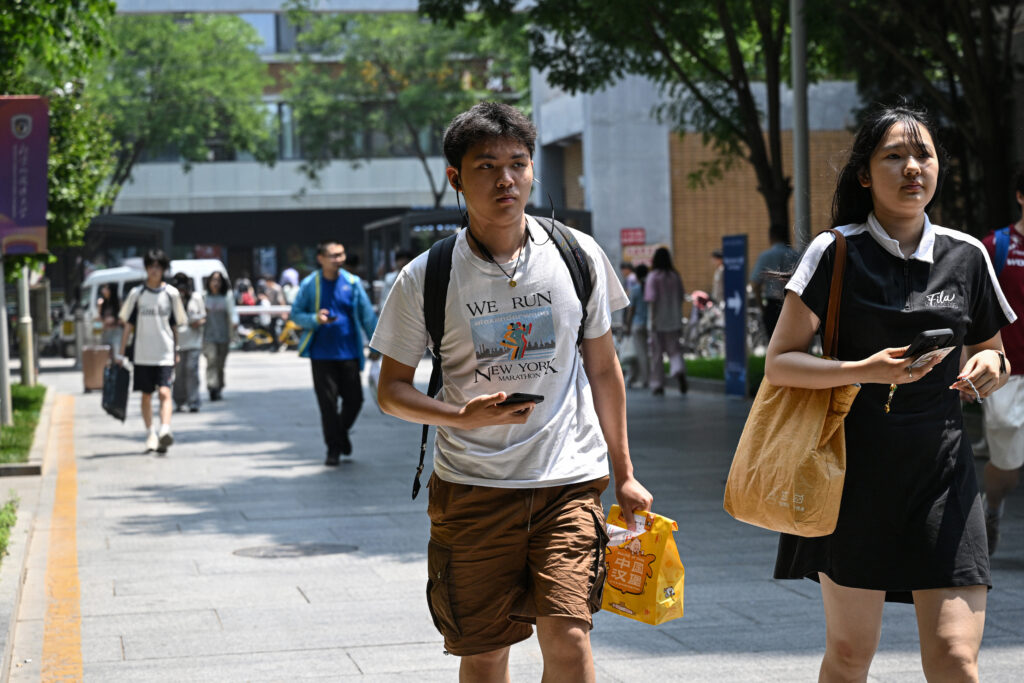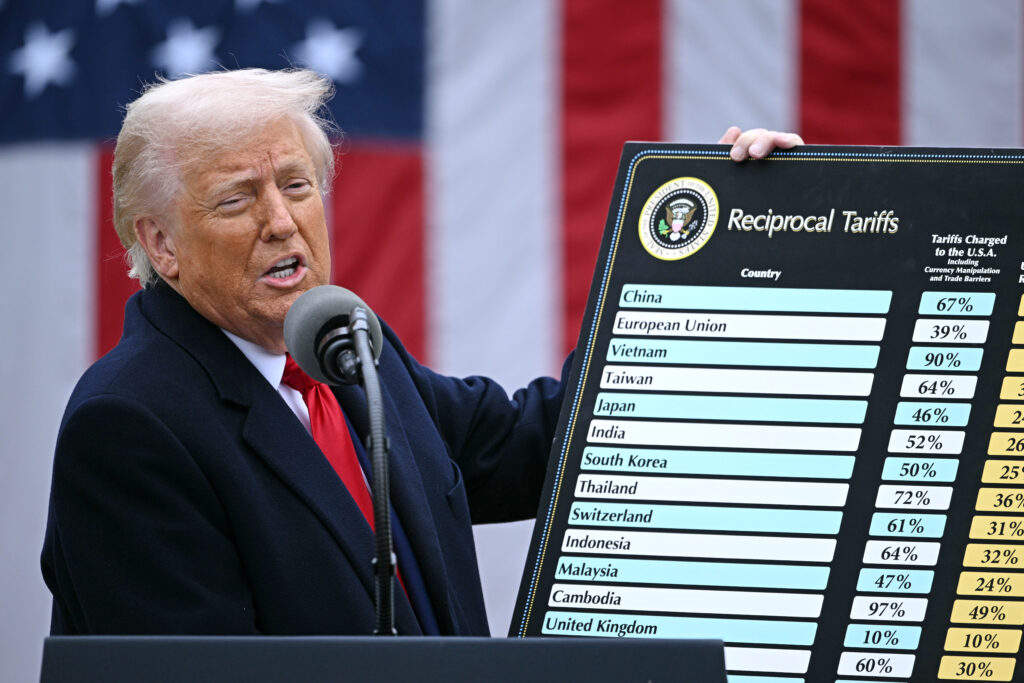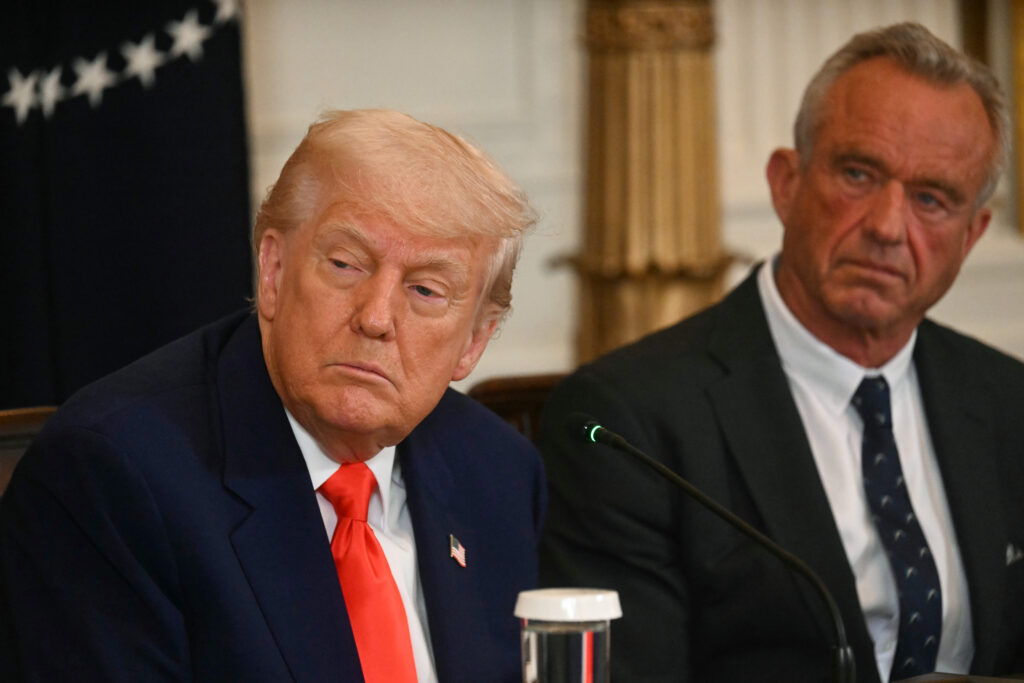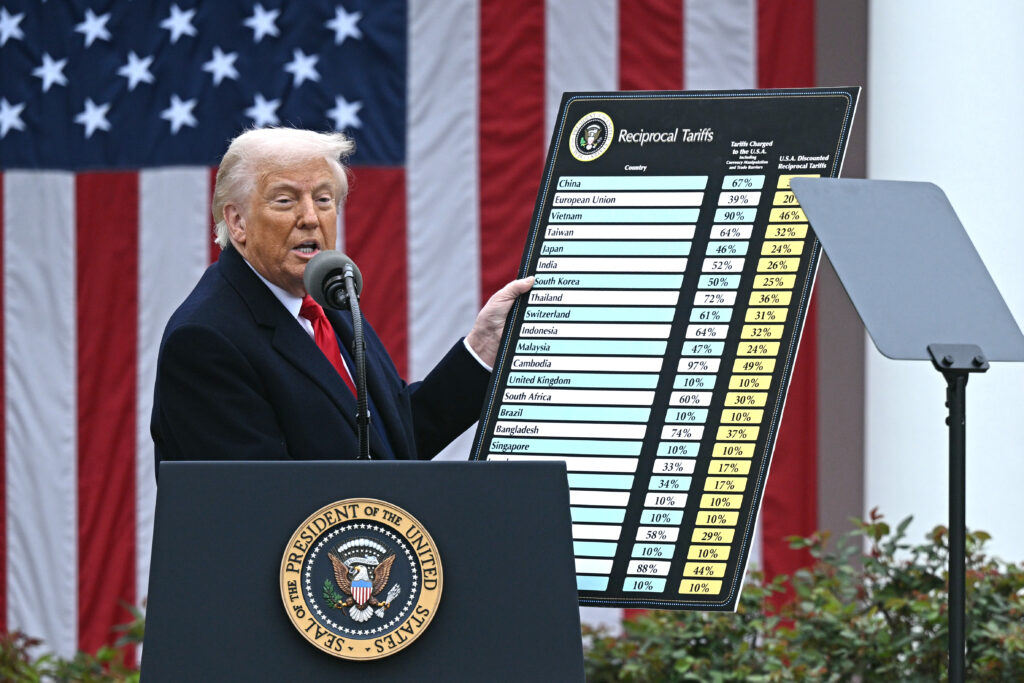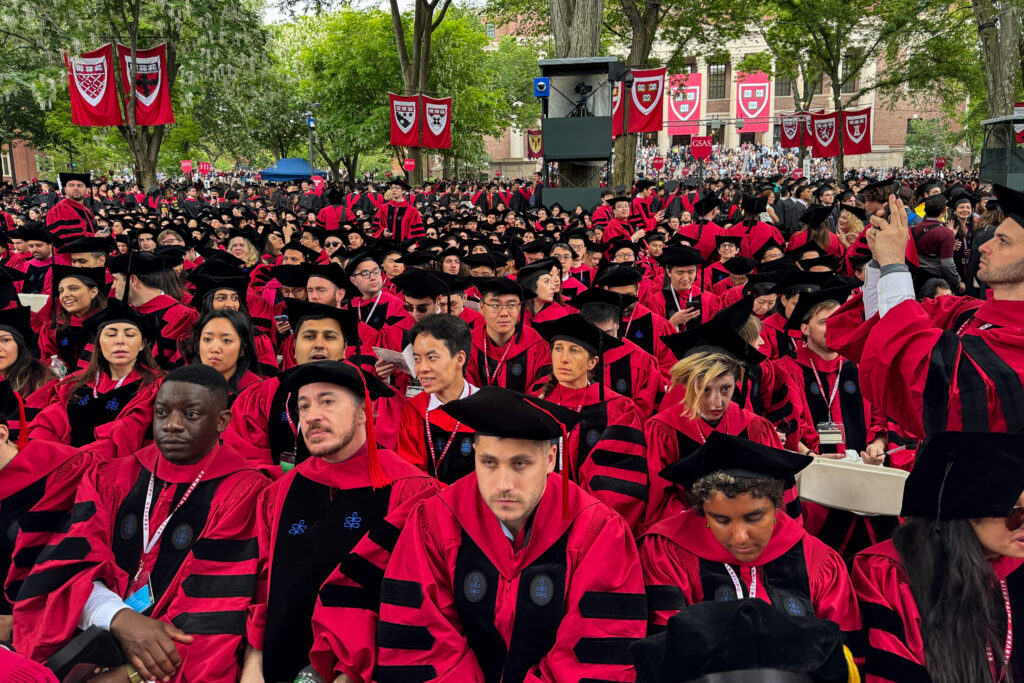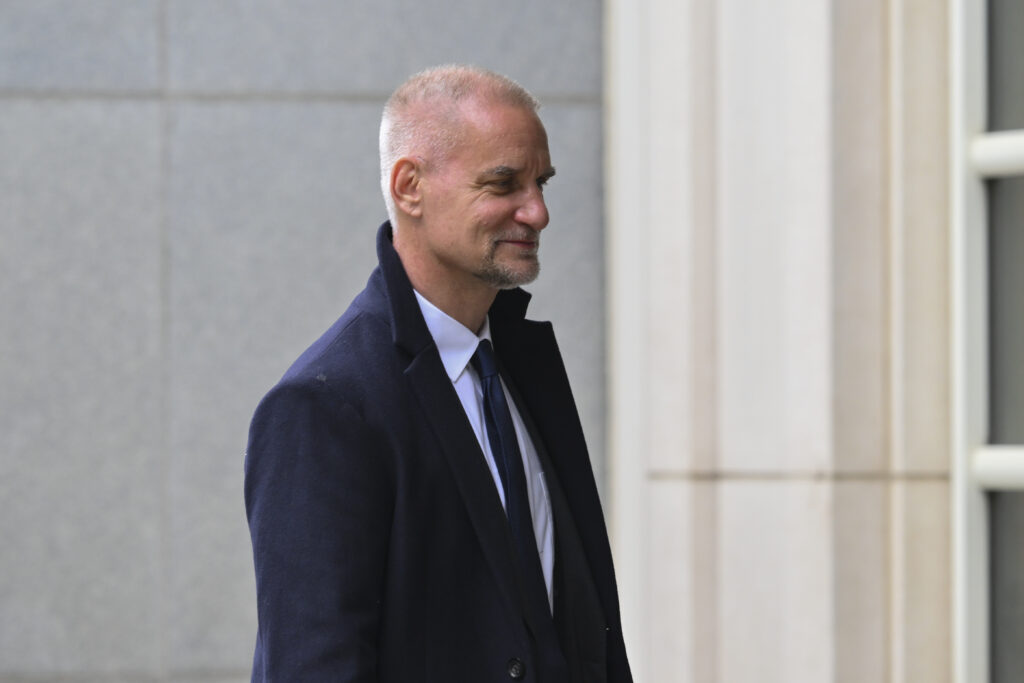Elon Musk’s rocket-fueled ride with Trump flames out
Elon Musk stormed into US politics as President Donald Trump’s chainsaw-brandishing sidekick. Four turbulent months later it’s the tech tycoon himself on the chopping block.Trump hailed Musk as “terrific” as he announced that they would hold a joint press conference on Friday as the South African-born magnate leaves the so-called Department of Government Efficiency (DOGE).”This will be his last day, but not really, because he will, always, be with us, helping all the way,” Trump said on his Truth Social network on Thursday.But the warm words could not hide the open frustrations that Musk, the world’s richest man, had expressed in recent weeks about his controversial cost-cutting role for the world’s most powerful man.Once a fixture at the Republican president’s side, dressed in t-shirts and MAGA baseball caps, Musk had shown growing disillusionment with the obstacles faced by DOGE even as it cut a brutal swath through the US bureaucracy.He leaves far short of his original goal of saving $2 trillion dollars, with The Atlantic magazine calculating he saved just one thousandth of that, despite tens of thousands of people losing their jobs.Instead he will focus on his Space X and Tesla businesses, as well as his goal of colonizing Mars.- Rocket-like rise -It was all very different at first, as the 53-year-old Musk rose through Trump’s orbit as rapidly as one of his rockets — though they have been known to blow up now and again. Musk was the biggest donor to Trump’s 2024 election campaign and the pair bonded over right-wing politics and a desire to root out what they believed was a wasteful “deep state.”DOGE was jokingly named after a “memecoin,” but it was no joke. Young tech wizards who slept in the White House complex shuttered whole government departments. Foreign countries found their aid cut off.A shades-wearing Musk brandished a chainsaw at a conservative event, boasting of how easy it was to save money, and separately made what appeared to be a Nazi salute. Soon the man critics dubbed the “co-president” was constantly at Trump’s side.The tycoon appeared with his young son X on his shoulders during his first press conference in the Oval Office. He attended cabinet meetings. He and Trump rode on Air Force One and Marine One together. They watched cage fights together.Many wondered how long two such big egos could coexist.But Trump himself remained publicly loyal to the man he called a “genius.”One day, the president even turned the White House into a pop-up Tesla dealership after protesters targeted Musk’s electric car business.- ‘Got into fights’ -Yet the socially awkward tech magnate also struggled to get a grip on the realities of US politics.The beginning of the end “started (in) mid-March when there were several meetings in the Oval Office and in the cabinet room where basically Elon Musk got into fights,” Elaine Kamarck of the Brookings Institution told AFP.One shouting match with Treasury Secretary Scott Bessent could reportedly be heard throughout the West Wing. Musk publicly called Trump’s trade advisor Peter Navarro “dumber than a sack of bricks.” Nor did Musk’s autocratic style and Silicon Valley creed of “move fast and break things” work well in Washington.The impact on Musk’s businesses also began to hit home. A series of Space X launches ended in fiery failures, while Tesla shareholders fumed.Musk started musing about stepping back, saying that “DOGE is a way of life, like Buddhism” that would carry on without him.Finally, Musk showed the first signs of distance from Trump himself, saying he was “disappointed” in Trump’s recent mega spending bill. Musk also said he would pull back from spending time on politics.The end came, appropriately, in a post by Musk on Wednesday on the X network, which he bought and then turned into a megaphone for his right-wing politics.But Musk’s departure might not be the end of the story, said Kamarck.”I think they genuinely like each other and I think Musk has a lot of money that he can contribute to campaigns if he is so moved. I think there will be a continued relation,” she said.
